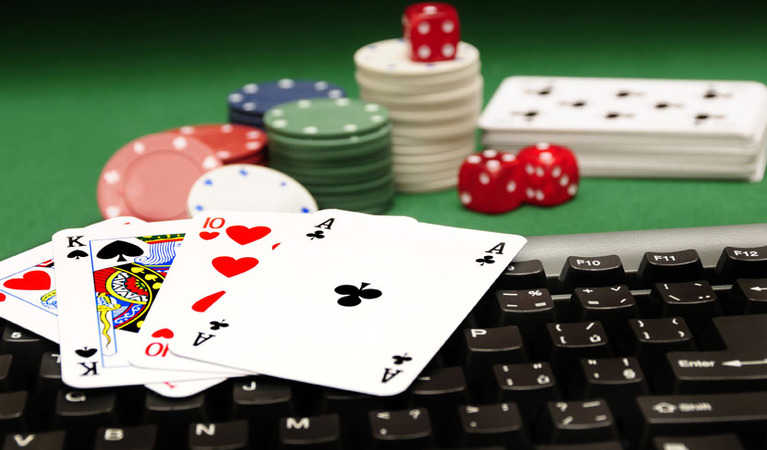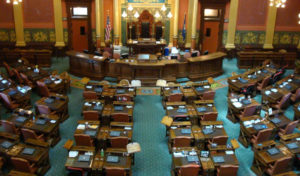There are two Native American tribes located in the state of Connecticut that run two casinos. In fact, Mashantucket Pequote tribe and the Mohegan tribe go head to head in order to get customers into their land. However, there is one thing that can make them team up and that is the possibility of having online poker in the state.
During the heading in the Connecticut General Assembly’s Joint Committee on Public Safety and Security last week, the two tribes were in attendance and offered their opinion regarding the state of online gaming in the state. In a written statement by Foxwoods Resort Casino that is owned by Mashantucket Pequot Tribe, “As we see it, the strongest opportunity for the state is in legalizing statewide iGaming, another activity that is currently operating for Connecticut residents in the black market today”.
So what should be included in online gaming? According to the testimony, “games like slots, table games, and poker games on mobile or desktop environments” should be included in the proposed iGaming bill.
Motivated by Cash
One of the things that initiate this move by the two tribes is definitely the money that can be generated by iGaming. In fact, according to the statement, “Based on our estimates coupled with a pragmatic tax rate, over the course of five years Connecticut stands to collect roughly $87 million in tax revenue from iGaming, at a rate starting at roughly $14.25 in Year One, escalating to roughly $20M in Year Five”.
Mohegan Sun Casino that is owned by the Mohegan Tribe also provided their testimony. And it is no surprise that they are also singing the same tune as the Mashantucket Pequot elders. According to their testimony, “I believe that if the two tribes are allowed to operate online gaming and sports wagering, they will generate more than $120 million in revenue to the state of Connecticut in the first five years alone”.
New Jersey’s Lawsuit
And what made the two tribes go towards this action? It is all because of the US Supreme Court expected to deliver a decision regarding New Jersey’s lawsuit against the NCAA and the legality of the Professional and Amateur Sports Protection Act (PASPA) of 1992. After hearing all the arguments last December, the nine judges will make a decision whether or not the federal government has a say when it comes to arbitrarily banning sports betting by individual states.
This can have a huge drawback to the entire landscape of casinos all over the US. In addition to this, it could also affect the current situation regarding online gaming such as online poker. If the Supreme Court is in favor of New Jersey, casinos will be able to benefit from it and open sports books for their customers. And also, states can allow online sports betting.
But of course, there is still the chance that the Supreme Court is actually just going to go for the case but only with limits. So what could be the next move for the Supreme Court? Will the two tribes get what they actually want?







